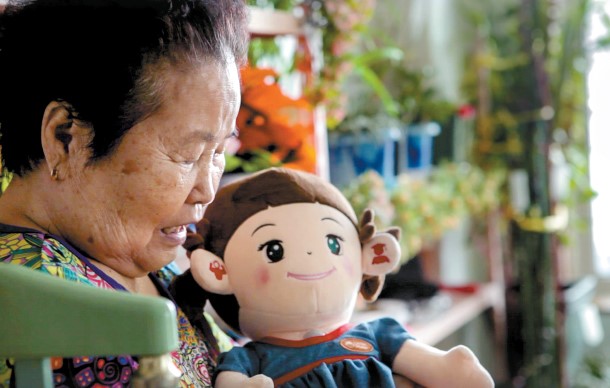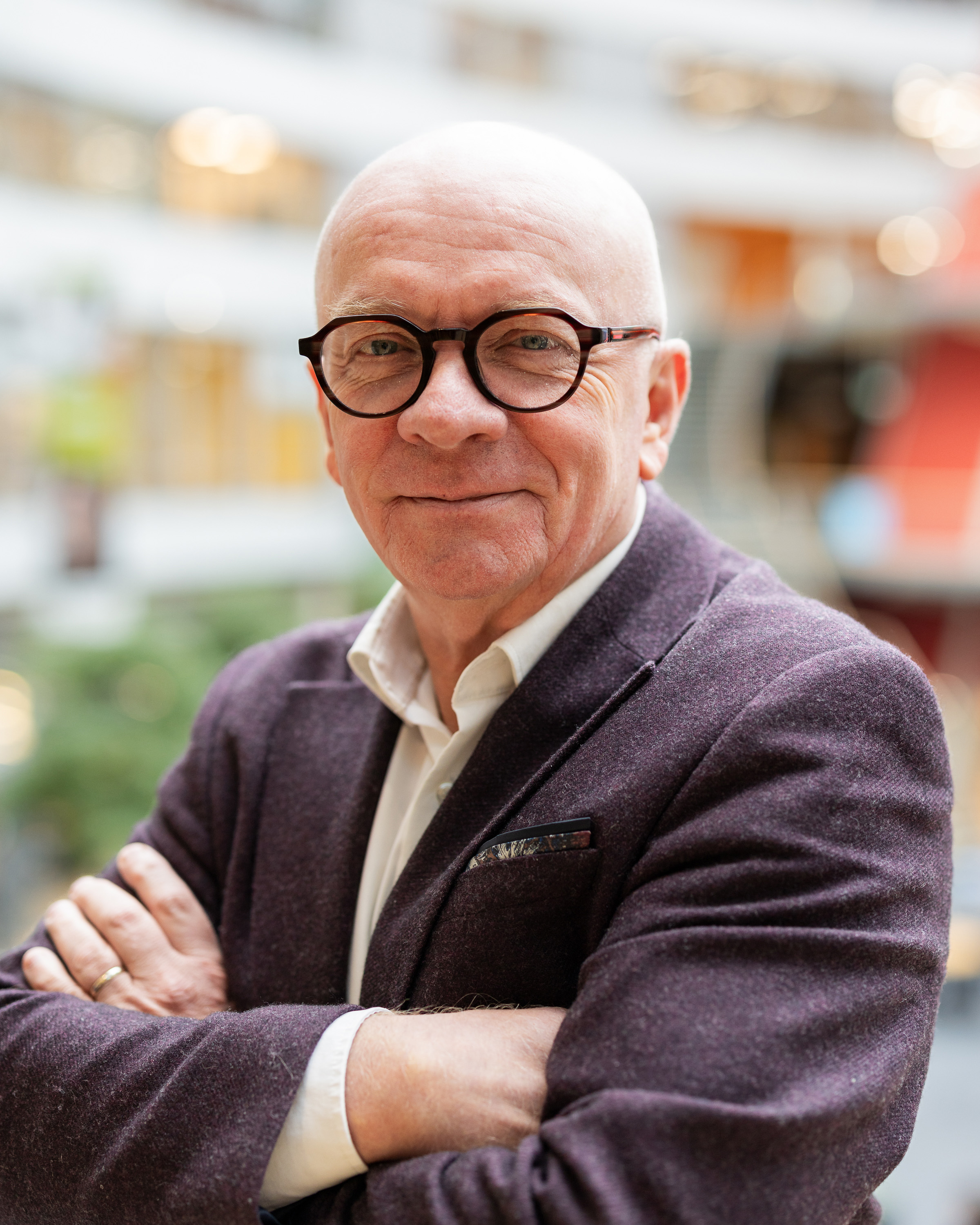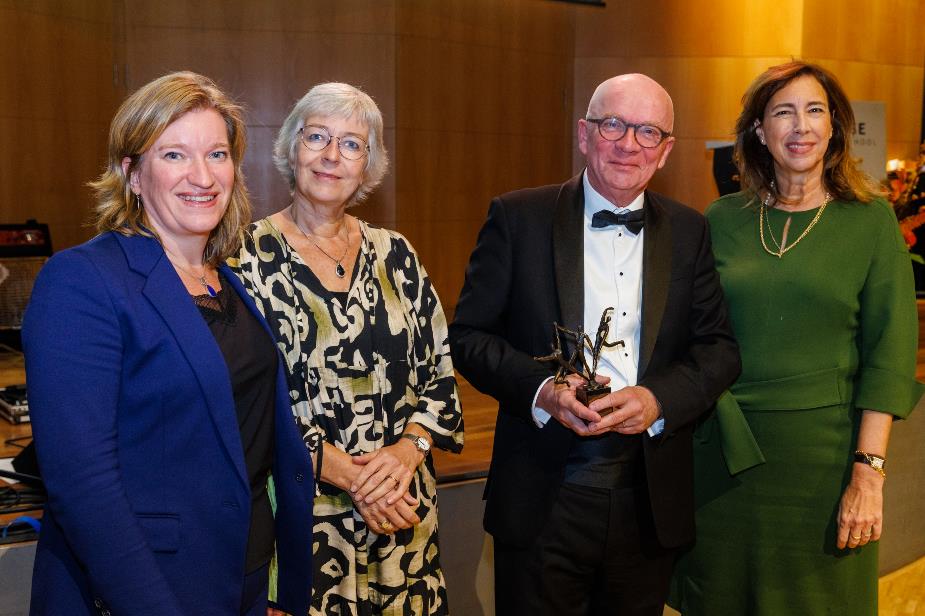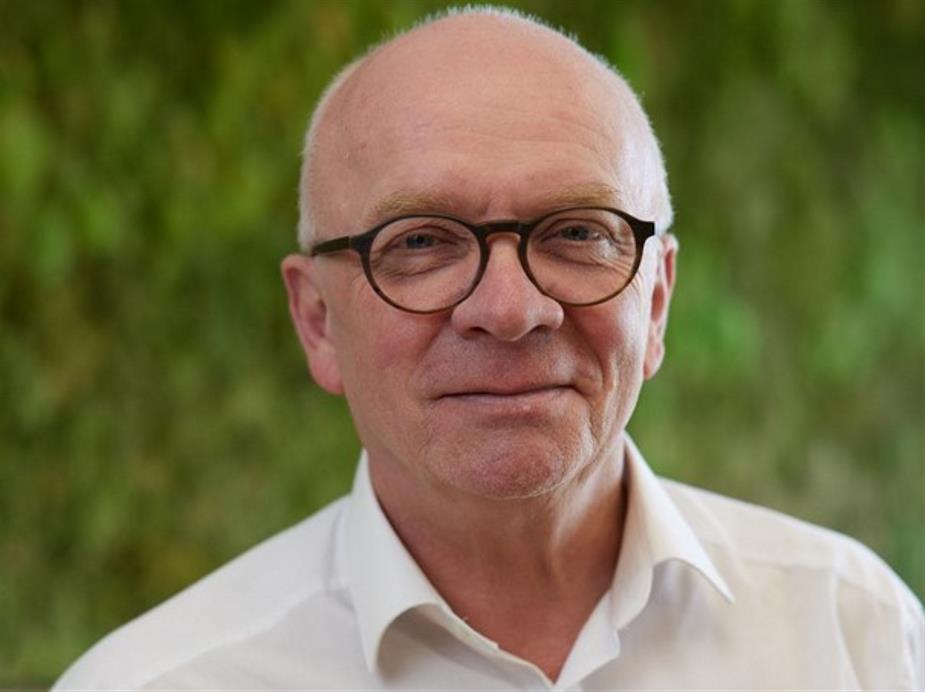Technology for Health Care
Centre of Expertise Health Innovation

Introduction
A long, healthy life is what we are all hoping for. Thanks to advances in medical knowledge and a higher level of medical technology, the average life expectancy continues to rise.
Yet all of these technological possibilities do not automatically lead to a better quality of life. Strong social cohesion is equally as important. Technology needs to serve the patient and promote interpersonal contact, whether this involves the use of care robots, 3D printing, domotics or other devices.
About the research group
Worldwide about one in four people experiences limitations in daily functioning. These can be mild but also very radical or drastic and complex, for example after a stroke, spinal cord injury or when living with dementia. Despite the diversity of limitations and causes thereof, there is one thing these people have in common: they all face all kinds of barriers in society that prevent them from being able to participate like everyone else.
The number of people that experience functional limitations is growing. As a consequence the need for adequate support and care also grows. Not only in The Netherlands, but worldwide. That is not acceptable, certainly not when realizing that this division based on functional limitations partly coincides with socioeconomic and cultural division lines in society. Technology can play a major role as a tool for an inclusive society, and contribute to the sustainability of health and social care. That’s why, in our research group, we focus on (further) developing technology that can be used in the medical field and healthcare sector.
About the professor
dr. Luc de Witte
Luc de Witte is a professor of Technology for Healthcare at The Hague University of Applied Sciences in the Netherlands. Until the end of 2021 he was a Chair in Health Services Research within the Centre for Assistive Technology and Connected Healthcare (CATCH) at the University of Sheffield.
Luc has been involved in a large number of research and development projects. They all had a practice oriented character and aimed to generate knowledge to support care practice and policy. Main themes in his research are: assistive technology service delivery, development and evaluation of e-health applications, care robotics, technology-supported care innovations for low resource settings. His work is largely international. Luc has successfully supervised 35 PhD students and co-authored over 300 publications in international journals.
+31 (0)6 - 43 24 11 02
[email protected]
LinkedIn profile

Team
Within our research group, researchers, lecturer-researchers and students work closely with practice partners to conduct research. Together they are committed to translating the results of the research -knowledge and insights- into the practice of education and the region.






